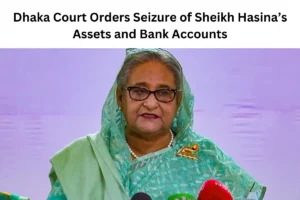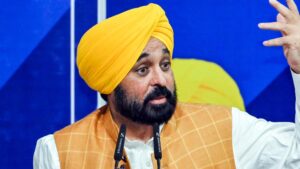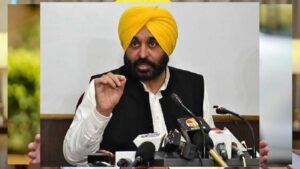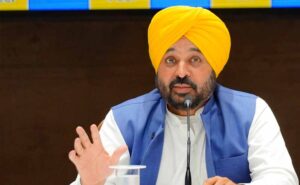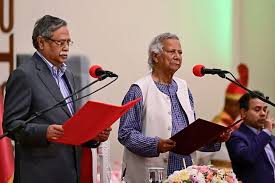
source - Internet
Signaling a pivotal shift in Bangladesh’s political landscape, Nobel Laureate Muhammad Yunus was sworn in as the head of the country’s interim government on Thursday. This transition follows the end of Sheikh Hasina’s 15-year tenure as Prime Minister, a period marked by controversy and unrest.
“I pledge to uphold, support, and protect the constitution while performing my duties with sincerity,” Mr. Yunus declared during the swearing-in ceremony. His appointment comes amid a turbulent time for Bangladesh, with the nation experiencing significant unrest even after widespread protests led to Sheikh Hasina’s resignation and subsequent departure from the country on Monday.
At 84, Mr. Yunus is globally recognized for his pioneering work in microcredit and microfinance, which earned him the Nobel Peace Prize in 2006. He took the oath just hours after returning to Dhaka from Paris, where he had been receiving medical treatment. The ceremony was conducted by Bangladesh President Mohammed Shahabuddin at the official residence, Bangabhaban.
Indian Prime Minister Narendra Modi extended his congratulations to Mr. Yunus, expressing hope for a swift return to stability in Bangladesh, particularly for the safety of Hindus and other minority communities.
“My best wishes to Professor Muhammad Yunus as he assumes his new role. We look forward to a return to normalcy, ensuring the safety of Hindus and all minority groups. India remains committed to working alongside Bangladesh for the peace, security, and development of both our peoples,” PM Modi conveyed on social media.
Advisory Council
Mr. Yunus assumes the role of Chief Adviser in the interim government, a position comparable to that of Prime Minister. He will be supported by a 16-member council of advisers, including key figures such as Nahid Islam and Asif Mahmud, who played instrumental roles in the protests that led to Sheikh Hasina’s removal.
Other notable members of the council include Adilur Rahman Khan, a prominent human rights activist previously jailed under Hasina’s administration; Farida Akhtar, a women’s rights advocate; Nurjahan Begum, a trustee of Grameen Telecom; former Foreign Secretary Touhid Hossain; and AFM Khalid Hossain, deputy leader of the right-wing party Hefazat-e-Islam.
In his remarks before the swearing-in ceremony, Mr. Yunus stated, “Today is a historic day for Bangladesh… This marks a new victory for our nation, a second independence.”
He called for a return to peace and order, urging the public, “We cannot progress without restoring law and order. I ask the people to trust in me and ensure that no one is harmed, anywhere in the country. We are all part of one large family.”
Violent Protests
The political crisis in Bangladesh had been brewing since before the January 7 elections, which saw Sheikh Hasina’s Awami League win by a landslide. However, the election results were widely criticized as neither free nor fair.
Protests, initially led by students, gained momentum in June after a high court reinstated a 30% reservation in government jobs for the families of freedom fighters and veterans from the 1971 War of Independence. Although the Supreme Court later reduced the quota, Sheikh Hasina’s handling of the protests, particularly her alleged derogatory remarks towards the protesters, further inflamed the situation.
Tensions escalated, with students demanding Hasina’s resignation. Clashes between protesters and police resulted in over 100 deaths and numerous injuries across the country on Sunday. On Monday, masses of students marched towards the Prime Minister’s official residence, Ganabhaban, prompting Hasina to resign and flee to India. Despite her resignation, violence persisted in certain areas, with reports of minorities, including Hindus, being targeted.

